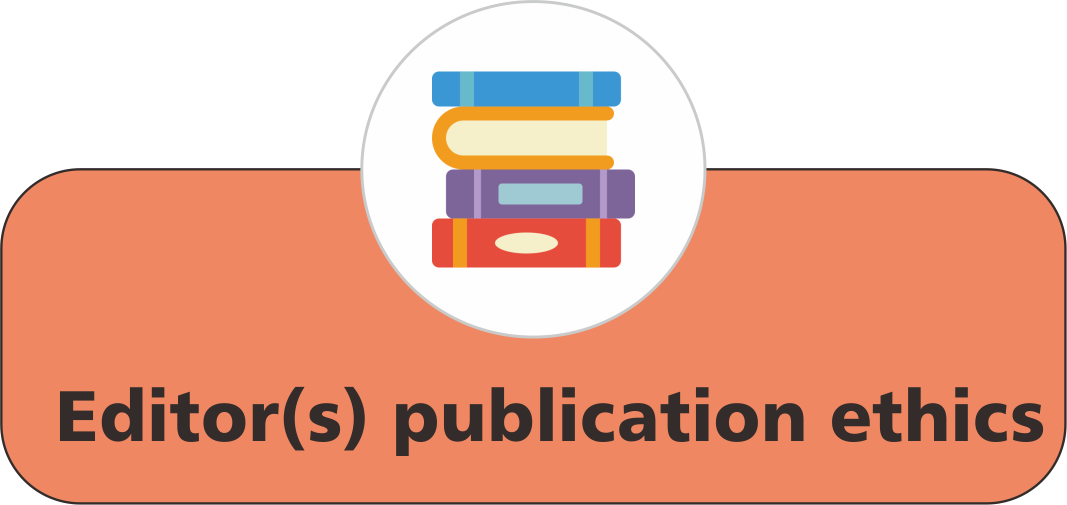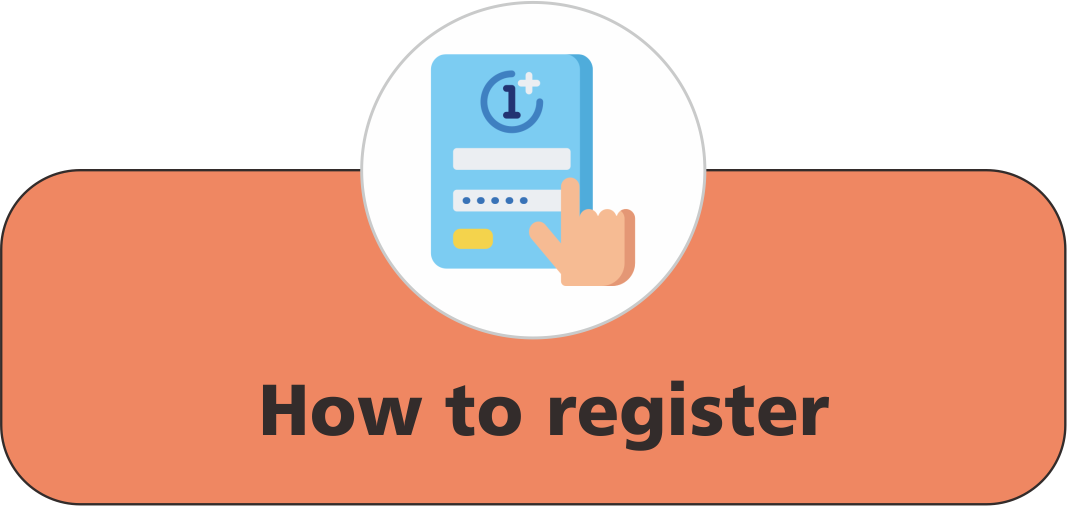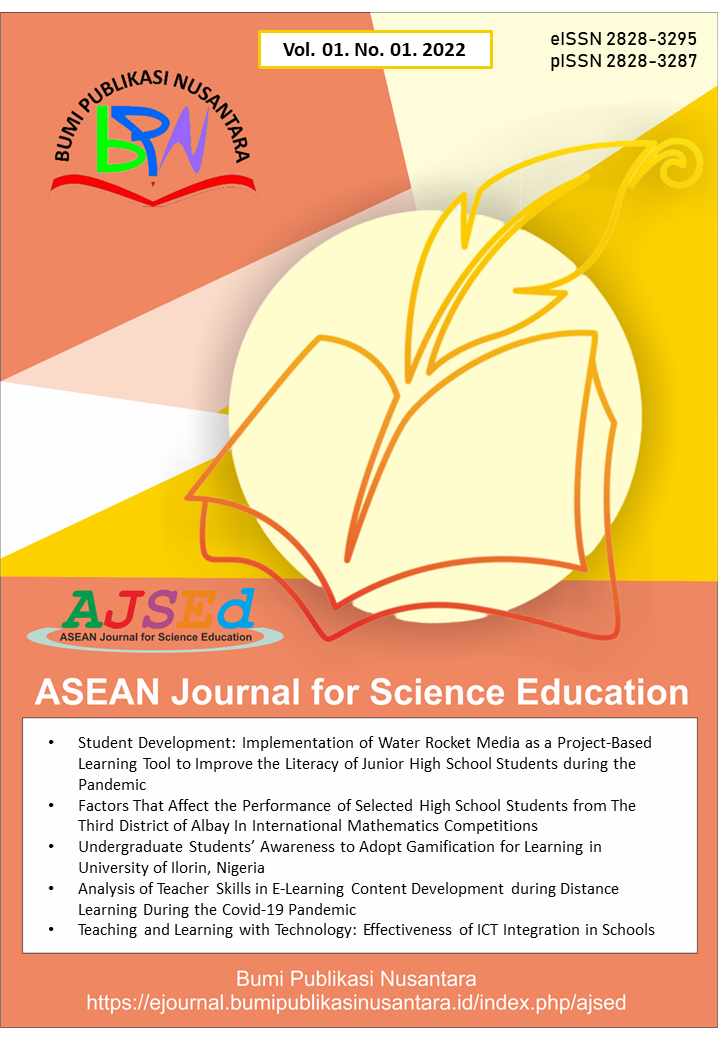The Use of Structured and Think-Aloud Pair Problem-Solving Instructional Strategies on Students’ Interest and Retention in Machine Shop Practice
 ), Ibrahim Yakubu Umar(2), Shehu A. Ma’aji(3), Abubakar Mohammed Idris(4),
), Ibrahim Yakubu Umar(2), Shehu A. Ma’aji(3), Abubakar Mohammed Idris(4),
(1) Federal University of Technology
(2) Federal University of Technology
(3) Federal University of Technology
(4) Federal University of Technology
 Corresponding Author
Corresponding Author
Abstract
Keywords
References
Adams, N. E. (2017). Bloom’s taxonomy of cognitive learning objectives. Journal of the Med Library Association, 103(3), 152-153.
Akiba, M., and Liang, G. (2016). Effect of teacher professional learning activities on students ‘Achievement growth. Journal of Educational Research, 21(1), 1-12.
Alessio, F. A. D., Avolio, B. E., and Charles, V. (2019). Studying the impact of critical thinking on the academic performance of executive MBA students. Thinking Skills and Creativity, 31, 275–283.
Chang, H., Wang, N., Ko, W., Yu, Y., Lin, L., and Tsai, H. (2017). The effectiveness of clinical problem-based learning model of medico-jurisprudence education on general law knowledge for obstetrics/gynaecological interns. Taiwanese Journal of Obstetrics and Gynaecology, 56(3), 325–330.
Cimermanová, I. (2018). The effect of learning styles on academic achievement in different forms of teaching. International Journal of Instruction, 11(3), 219-232.
Coskun, I. and Eker, C. (2018). The effect of teaching activities done by using activity-based posters on students’ academic achievement, and retention levels in their learning. Universal Journal of Educational Research, 6(4), 585-597.
Dos-Santos, L. M. (2019). Pre-service teachers’ professional development through four-step problem-solving model: A seminar method. International Journal of Education and Practice, 7(3), 146-157.
Loes, C. N., Culver, K. C., and Trolian, T. L. (2018). How collaborative learning enhances students’ openness to diversity. Journal of Higher Education, 5(2), 11- 13,
Malik, A. and Aswandi, A. (2019). The application of reciprocal teaching to improve business text reading comprehension of business administration students of Bengkalis State Polytechnic. Inovish Journal, 4(1), 2621-7295
Ogundola, I. P., Agboola, B. G., and Ogunmilade, O. J. (2020). Gender difference in achievement, interest, and retention of students exposed to fabrication and welding engineering craft practice through cognitive apprenticeship instructional technique in Nigeria. Academic Journals, 15(4), 194-202.
Pilato, B. and Ulrich, M. M. (2014). Is the case study method an effective pedagogical method for students to learn the fundamentals of financial accounting?. Proceedings of ASBBS, 21(1), 541-555.
Qablan, F., Şahin, M., and Hashim, H. (2019). Critical thinking in education: The case in Palestine. Turquoise International Journal of Educational Research and Social Studies, 1(1), 20-27.
Safitri, D., Irmawanty, Bachtiar, S., and Rukman, W. Y. (2018). Students’ cognitive achievement, critical thinking skills, and metacognitive awareness in problem-based learning. European Journal of Educational Studies, 5(4), 248–258.
Sangsawang, T. (2020). An instructional design for online learning in vocational education according to a self-regulated learning framework for problem solving during the covid-19 crisis. Indonesian Journal of Science and Technology, 5(2), 283-198.
Schraw, G., Flowerday, T., and Lehman, S. (2011). Increasing situational interest in the classroom. Educational Psychology Review, 13(3), 211–224.
Sidik, H., and Masek, A. (2021). The effects of problem-based learning in students reading comprehension for mastering the content and vocabulary acquisition. ASEAN Journal of Science and Engineering Education, 1(2), 87-92.
Sumantri, M. S., and Whardani, P. A. (2017). Relationship between motivation to achieve and professional competence in the performance of elementary school teachers. International Education Studies, 10(7), 118-125.
Tambunan, H. (2018). The dominant factor of teacher’s role as a motivator of students’ interest and motivation in mathematics achievement. International Education Studies, 11(4), 114-151.
Treffers, A. (2019). Direct instruction and problem-solving: Critical examination of cognitive load theory from the perspective of mathematics education. The Mathematics Enthusiast, 16(1), 607-620.
Widuri, S. Y. S., Almash, L., and Zuzano, F. (2018). Application of learning engineering techniques thinking aloud pair problem-solving in learning mathematics students’ class VII SMPN 15 Padang. Materials Science and Engineering, 335(1), 1-9.
Winarti, E. R., Haryanti, M. D., and Asih, T. S. N. (2019). Students’ problem-solving ability in thinking aloud pair problem-solving learning assisted by schoology viewed from mathematical disposition. UNNES Journal of Mathematics Education, 8(1), 14-18.
Article Metrics
Abstract View : 1241 times
: 1241 times Download : 718 times
Download : 718 times
Refbacks
- There are currently no refbacks.
Copyright (c) 2023 Bumi Publikasi Nusantara

This work is licensed under a Creative Commons Attribution-ShareAlike 4.0 International License.







